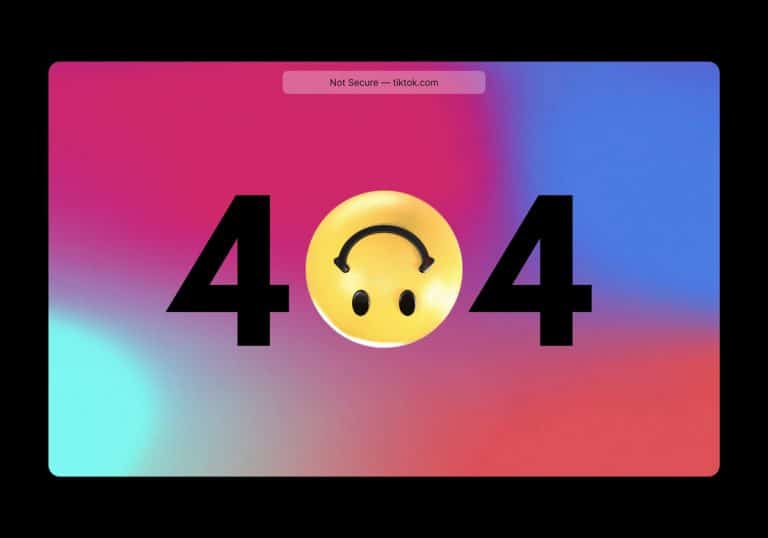What is TikTok Global and what are the changes for the app in the US?

On Saturday, President Donald Trump declared that a deal has just been approved, giving Oracle and Walmart a minority stake in TikTok’s global business, which means the video app will continue its operations in the US, for now. But what exactly is going on with TikTok in the US? Here’s everything you need to know.
Has Trump banned TikTok in the US?
ByteDance, which is the Chinese owner of TikTok, has undergone a turbulent few weeks of discussion. On Friday, the Trump administration banned TikTok as well as WeChat, another China-based chat and commerce app from being downloaded, claiming that the app violated the privacy of US citizens. The country’s ultimatum was that for the app not to be shut down completely it would have to be sold to a US entity. However the murky waters have somewhat cleared, having finally received Trumps ‘blessing’ and the official postponement of the apps download ban for one week in order to sort out the following deal.
With a 7.5 per cent stake carved off to Walmart, and a 12.5 per cent stake to Oracle who will soon become the app’s cloud provider, hosting all US user data, ByteDance has now confirmed that Oracle will be a “trusted technology partner,” and Walmart a “commercial partner.”
TikTok confirmed its new status with a tweet over the weekend and added that the arrangement would promise 25,000 jobs across the country by maintaining and expanding the app’s global headquarters in the US. The company ended its statement admitting that there was still work to do on the final agreements, but that Walmart’s CEO Doug McMillon will be one of five board members of the newly created company, TikTok Global.
— TikTokComms (@TikTokComms) September 19, 2020
What will the new TikTok deal mean?
A statement from ByteDance concludes that this arrangement does not entail any transfer of algorithms and technologies, and that Oracle instead has the authority to check the source code—the source code forms the basis for applications and software. As part of the Oracle and Walmart deal, ByteDance confirmed that it would do a round of pre-IPO financing (initial public offering). TikTok Global will then retain an 80 per cent subsidiary of ByteDance as a result, which in turn gives it the majority of control. The companies involved said they would work towards a public listing in the US within a year.
Trump commented that the new company, TikTok Global will “have nothing to do with any outside land, any outside country, it will have nothing to do with China. It’ll be totally secure. That’ll be part of the deal.” ByteDance, the Beijing-based company with majority ownership of TikTok seems to contradict that—however, according to CNBC the company is currently 40 per cent owned by US venture capital firms, which technically means that the Trump administration can claim that TikTok Global is now majority owned by US money.
There are still many speculations, but ByteDance has issued a statement with the hopes of issuing some clarity on the deal that has captured global attention over the last few weeks. All of this being said, the deal is not closed yet. It still needs to be approved by the Chinese government, and on Saturday, China’s Ministry of Commerce published a statement released by the Guardian that accused the US of bullying: “If the US insists on going its own way, China will take necessary measures to resolutely safeguard the legitimate rights and interests of Chinese companies.”
Our contemplations are leaning towards the users though, does the success of this deal depend on them, and are they patient enough to wait all of this out with tempting alternatives looming on the horizon?




